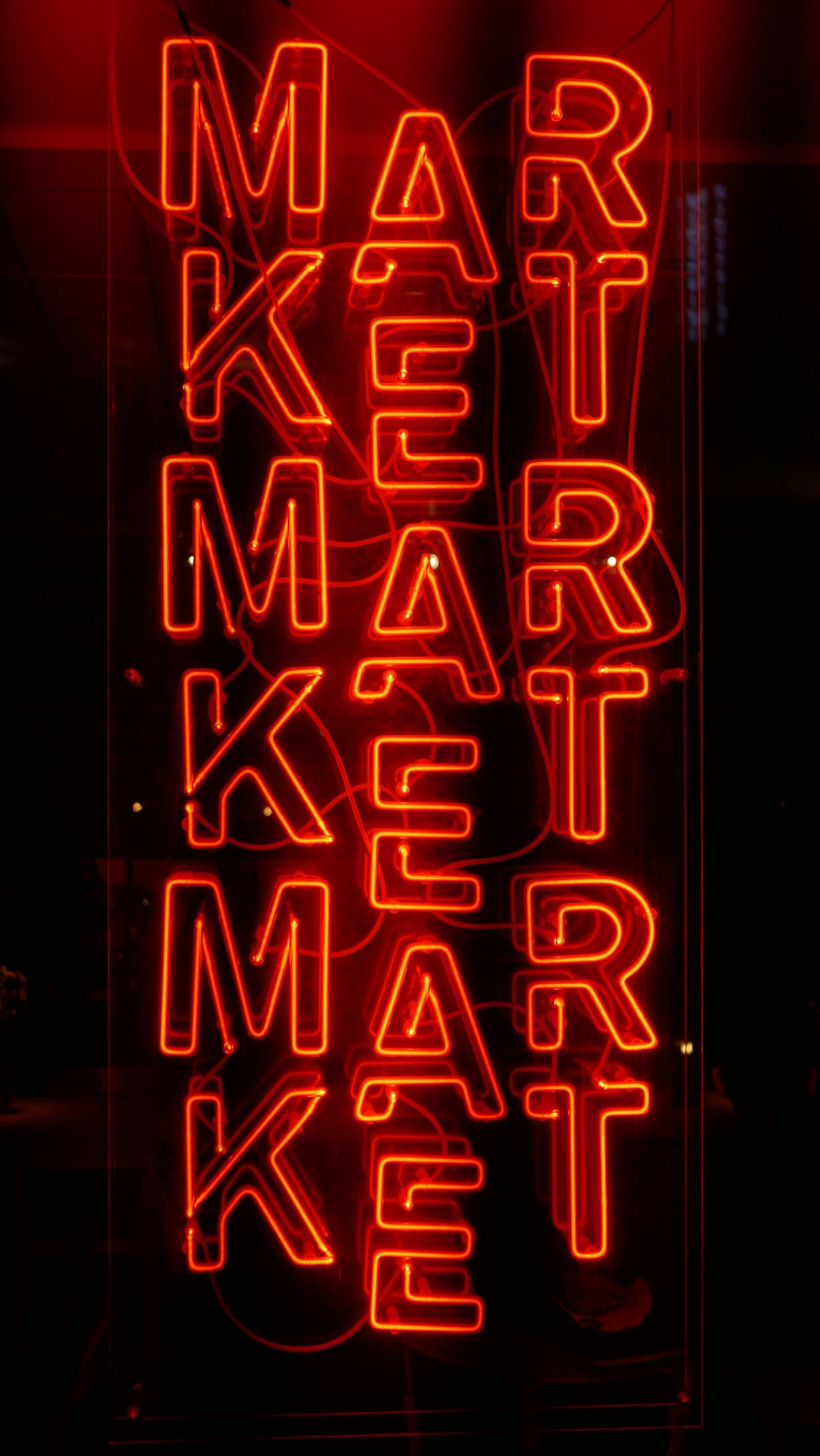The Story Behind The Logo
Jaspreet Bindra
Two recent books on Entrepreneurship have really inspired me: The first is The Hard Thing About Hard Things by Ben Horowitz, the other half of Andreessen Horowitz, and the second is the more famous Zero to One by ace-entrepreneur Peter Thiel.
Horowitz’s book talks about remorselessly and ruthlessly executing in startups, or ‘getting shit done’, and is required reading for all startup founders. On the other hand, Peter Thiel’s book is more about what real entrepreneurship is, entrepreneurship where you do really new things, rather than the same things in a cheaper and more efficient way.
He talks about two kinds of ‘progress’: one is horizontal or extensive progress which means copying things that work – going from 1 to n. On the other hand, vertical or intensive progress means doing new things – going from 0 to 1. If you take one typewriter and build a hundred of them, you have made horizontal progress. On the other hand, if you have a typewriter and build a word processor, you have made vertical progress (See the X-Y axis image)
In his book, the single word for horizontal progress is globalisation – taking things that work somewhere and making them work everywhere. And the paradigmatic example of globalisation or horizontal progress is China – its 20 year plan is to straightforwardly copy everything that has worked in the developed world and become what the US is like today.
The single word for vertical, 0 to 1 progress is technology. Any new and better way of doing things is technology. Theil’s contention is that while most people think the future of the world will be defined by globalisation, the truth is that technology matters more. He says that “if China doubles its energy production over the next two decades, it will also double its air pollution. If every one of India’s hundreds of millions of households were to live the way Americans already do – using only today’s tools – the result would be an environmental catastrophe. Spreading old ways to create wealth around the world will result in devastation, not riches. In a world of scarce resources, globalisation without new technology is unsustainable.”
Peter Theil brilliantly and simply captures the true essence of real entrepreneurship, the kind I see happening all around me in India – in congested Koramangala in Bangalore, behind dug out road in Gurgaon, in the old cotton mills in Mumbai, at the Startup Village in verdant Kochi. I have set out to enable it, in the way I can contribute the best and the most – through Startopia.
The Startopia logo, brilliantly and simply designed by my awesome friend Neeraj Sabharwal, Co-founder and Rogue Designer of the even more awesome Nowfloats (another 0 to 1 company), encapsulates that. The O of Startopia becomes the zero, the I becomes the One.The A’s of the logo leans forward, as it strives to move from 0 to 1. I intend to focus on the 0 to 1 people and companies, which create and leverage technology, and not the 1 to n’s which replicate existing stuff. . That most of the startups I work with are information technology, with its language of 0s and 1s is no coincidence.
As I go forward, I will write a lot about the 0 to 1 companies I am working with, and hopefully helping them realise their dreams, and in the process, build India.
Two recent books on Entrepreneurship have really inspired me: The first is The Hard Thing About Hard Things by Ben Horowitz, the other half of Andreessen Horowitz, and the second is the more famous Zero to One by ace-entrepreneur Peter Thiel.
Horowitz’s book talks about remorselessly and ruthlessly executing in startups, or ‘getting shit done’, and is required reading for all startup founders. On the other hand, Peter Thiel’s book is more about what real entrepreneurship is, entrepreneurship where you do really new things, rather than the same things in a cheaper and more efficient way.
He talks about two kinds of ‘progress’: one is horizontal or extensive progress which means copying things that work – going from 1 to n. On the other hand, vertical or intensive progress means doing new things – going from 0 to 1. If you take one typewriter and build a hundred of them, you have made horizontal progress. On the other hand, if you have a typewriter and build a word processor, you have made vertical progress (See the X-Y axis image)
In his book, the single word for horizontal progress is globalisation – taking things that work somewhere and making them work everywhere. And the paradigmatic example of globalisation or horizontal progress is China – its 20 year plan is to straightforwardly copy everything that has worked in the developed world and become what the US is like today.
The single word for vertical, 0 to 1 progress is technology. Any new and better way of doing things is technology. Theil’s contention is that while most people think the future of the world will be defined by globalisation, the truth is that technology matters more. He says that “if China doubles its energy production over the next two decades, it will also double its air pollution. If every one of India’s hundreds of millions of households were to live the way Americans already do – using only today’s tools – the result would be an environmental catastrophe. Spreading old ways to create wealth around the world will result in devastation, not riches. In a world of scarce resources, globalisation without new technology is unsustainable.”
Peter Theil brilliantly and simply captures the true essence of real entrepreneurship, the kind I see happening all around me in India – in congested Koramangala in Bangalore, behind dug out road in Gurgaon, in the old cotton mills in Mumbai, at the Startup Village in verdant Kochi. I have set out to enable it, in the way I can contribute the best and the most – through Startopia.
The Startopia logo, brilliantly and simply designed by my awesome friend Neeraj Sabharwal, Co-founder and Rogue Designer of the even more awesome Nowfloats (another 0 to 1 company), encapsulates that. The O of Startopia becomes the zero, the I becomes the One.The A’s of the logo leans forward, as it strives to move from 0 to 1. I intend to focus on the 0 to 1 people and companies, which create and leverage technology, and not the 1 to n’s which replicate existing stuff. . That most of the startups I work with are information technology, with its language of 0s and 1s is no coincidence.
As I go forward, I will write a lot about the 0 to 1 companies I am working with, and hopefully helping them realise their dreams, and in the process, build India.


